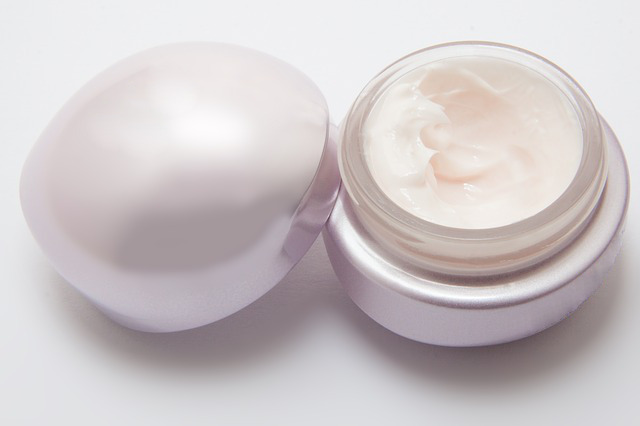We all use face creams or moisturizers. We usually choose the more expensive ones, hoping that they will make our skin soft and glowing. But what do we actually know about face creams? Here are some answers about them:
Face creams and moisturizers – Does higher price means better quality?
Cosmetics and pharmaceutical companies today are less likely to make a product from scratch. The large companies are usually just purchasing the necessary ingredients and the production is limited to mixing the formulations and packaging the product. The price, of course, determines the quality. If you buy more expensive cosmetics, you should expect that its ingredients are better quality, higher purity, etc.

Which is more effective: $5 Face cream or $50 face cream?
Many face creams, such as anti-aging face creams promise various miracles, which in practice has not been 100% scientifically proven. Some of these face creams are, for example, face creams with collagen, which actually can’t penetrate the skin and thus it doesn’t have big effect (on top of that, the collagen is usually from animal origin). There are various attempts to compare prices with various face creams and other promises, but in general the fact is, that in many cases, a reasonably priced but good moisturizing face cream will do the same job as the expensive anti-aging creams.
Another interesting thing are the creams with antioxidants. Many experiments are made to chemically determine the antioxidant action of various face creams and it appears that the most basic ones, just with vitamin C, are equally, if not more effective than the expensive ones. The reason is that, when you put a lot of different antioxidants in one cream, they usually don’t work as effectively.
How does the anti-aging face creams work?
First, they moisturize the skin. This is done by molecules that retain water (like hyaluronic acid). The second major factor in skin aging is the damage that the sun does, so these face creams often contain UV filters. Another thing is to help the damaged skin to recover, but there are few scientifically proven ingredients used for this purpose.
What is the most important action of a face cream?
Many of the anti-aging creams have an exfoliating effect. The outer layer of the skin, has many dead skin cells. The exfoliating effect removes part of them, revealing a fresher skin underneath. To remove the dead skin cells, these face creams and scrubs usually contain alpha and beta hydroxy acids (examples are citric and salicylic acids) which are weak acids so they are not that harmful. The professional scrubs that are normally done at a salon, sometimes contain quite a strong acids that shouldn’t be used without medical supervision (it is best to not be used at all).
How do the night face creams work?
It is interesting to say that actually the acids and ingredients in night creams work almost the same like in the kitchen – for softening the marinating steaks. Simple marinades usually are acidified with vinegar, ketchup or lemon juice, which contain the same fruity alpha acids, that also some of the night creams have. Of course, night creams also contain other ingredients to make the skin soft and moisturized.
Can the preservatives in cosmetics be replaced?
Preservatives are one of the dreaded compounds that may be encountered in cosmetics, but they are important. They will keep the cream fresh and its good ingredients, but it has a price. For example, parabens are used widely, but they can harm the skin, especially in combination with sun exposure. Another example is DMDM hydantoin which is the type of preservative that breaks down to formaldehyde, which act effectively, but it is a main reason for getting contact dermatitis. Nanotechnologists invented alternative preservatives. One of them are the silver nanoparticles – they act very successfully against bacteria and is clinically proven that they don’t harm the skin cells and they don’t penetrate into the skin. Many scientists have published their studies proving that.



